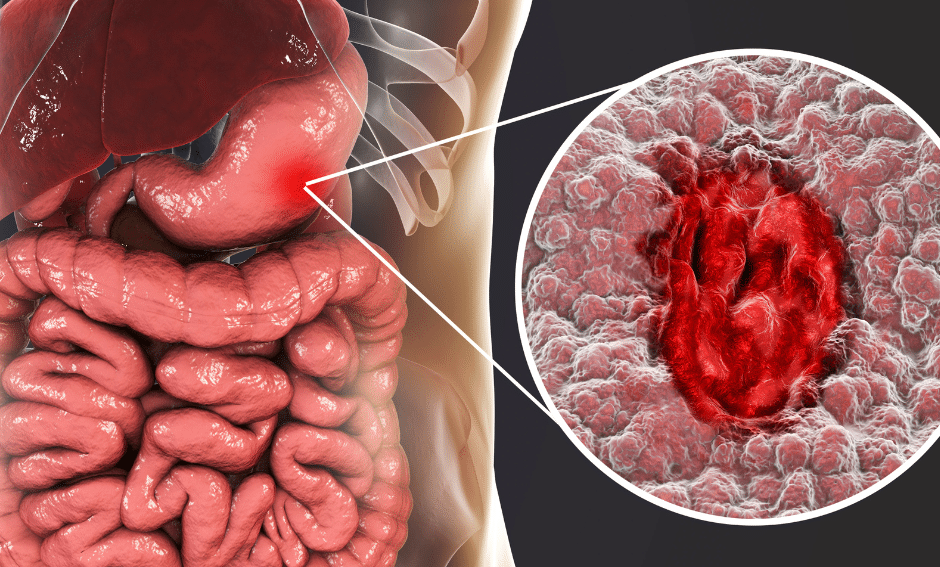DHC Physician Implores Men to Invest in Their Health
An Important Q&A for National Men’s Health Month
In honor of the 23rd annual National Men’s Health Month, we encourage the men in our lives—and across the nation—to take charge of their health by investing time in preventive screenings, such as a colonoscopy. That’s because early detection and regular checkups are key to successfully treating diseases, ensuring health for many years to come.
With that in mind, we sat down with our very own Dr. Alan R. Gingold to discuss some of the top trends and questions regarding men’s gastrointestinal health.
Q: What are the most common gastrointestinal conditions seen in men?
A: I would have to say that the most common things we see our male patients come in for include:
- Abdominal pain
- Acid reflux
- Bowel issues, such as diarrhea and/or constipation
- Colonoscopy screenings
Q: Are there conditions that are more prevalent in men than women?
A: Yes, one, in particular, is chronic reflux associated with Barrett’s esophagus, a condition where the tissue lining the esophagus becomes similar to that of the intestine.
It is more common in older, white males. You have to be more diligent in looking for it and treating it in this population.
Q: Do you find that men are more comfortable with male doctors when it comes to the sensitive subject of gastrointestinal issues?
A: Certainly. We see both male and female patients, but many men do find it is easier to see a male physician. They sometimes feel more comfortable speaking to physicians who may be able to relate to their issues, having experienced the same issues ourselves.
Q: Man to man: What preventive care do you recommend for men looking to take a proactive approach to their health?
A: While I can’t speak for all men, my focus is always on the well-being of each of my patients individually. I try to focus on things that they can do to improve their quality of life and overall health by creating a treatment plan based on personal needs.
At Digestive Healthcare Center (DHC), we are proud to support all men during National Men’s Health Month and recommend that all men start their journey to a healthier life today.
For more information about the preventive health services we offer or to schedule an appointment, contact DHC today.
Make an Appointment for Comprehensive Digestive Care in NJ
At Digestive Healthcare Center, we want each patient at our three offices in New Jersey to feel confident about their digestive health. We encourage you to contact us today to make an appointment with one of our expert gastroenterologists – don’t wait to start putting your digestive health first!
Recent Blogs
Learn more about all things digestive health and wellness by checking out our recent gastroenterology blogs.

Infusion therapy has become a vital treatment option for individuals with Crohn’s disease, offering relief when traditional medications may fall short. This method delivers medication directly into the bloodstream, providing quicker and more targeted effects to help manage inflammation, reduce symptoms, and improve quality of life. For those with moderate to severe Crohn’s disease, infusion […]

The Advancement of Ulcerative Colitis Treatment Ulcerative colitis (UC) is a chronic inflammatory bowel disease (IBD) that affects the lining of the colon and rectum. Those diagnosed with UC often experience flare-ups that can significantly impact their quality of life. Fortunately, advancements in medical treatment have made managing this condition more achievable. One option is […]

Diverticular disease and diverticulitis are related digestive health conditions that affect the large intestine (colon). With diverticular disease, small, bulging pockets develop on the lining of the colon. When these pockets become inflamed or infected, the condition is called diverticulitis. They are very common – especially after age 40 – and rarely cause problems. At […]
























